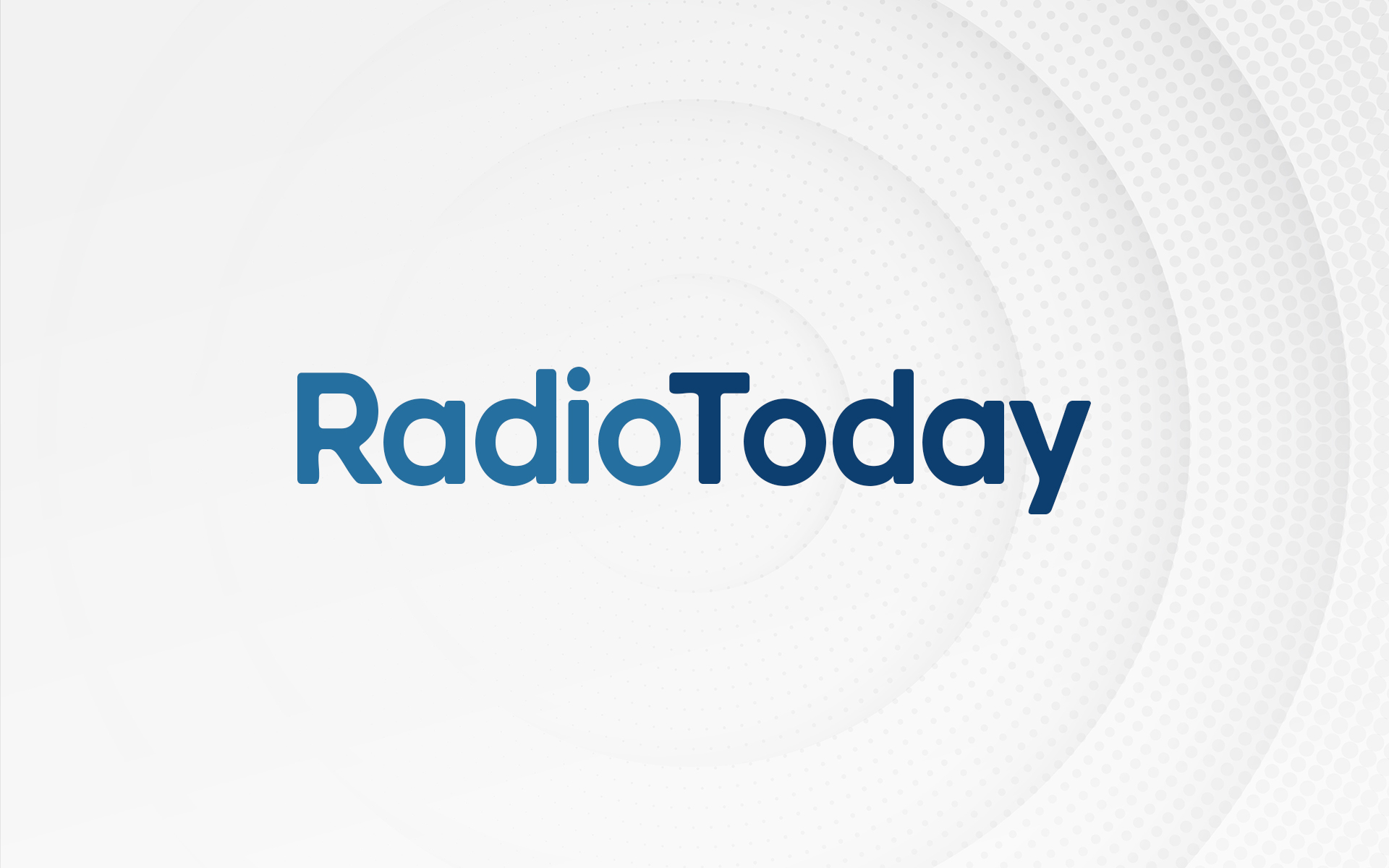
DAB ‘not for local stations’ say operators
A number of commercial radio groups who own small-scale local radio licences have told Ofcom they do not want to be forced to move from FM to DAB.
The companies – who represent more than 50 local stations between them – have responded to the regulator’s consultation on coverage planning for DAB.
 Stations from the UKRD, Tindle, Celador, Media Sound Holdings and Town & Country Broadcasting groups are included in the collective response – as well as individually-owned stations such as Oldham-based 96.2 The Revolution, Juice 107.2 in Brighton, Original 106 in Aberdeen and Fife’s Kingdom FM.
Stations from the UKRD, Tindle, Celador, Media Sound Holdings and Town & Country Broadcasting groups are included in the collective response – as well as individually-owned stations such as Oldham-based 96.2 The Revolution, Juice 107.2 in Brighton, Original 106 in Aberdeen and Fife’s Kingdom FM.
Spokesman William Rogers – the Chief Executive of UKRD who runs 16 local radio stations – said: “What this consultation shows us is that DAB is a hopelessly inappropriate platform for the existing FM local services to migrate to and it’s time that local commercial radio services were excluded from the present DAB planning process and allowed to continue broadcasting on FM.”
Rogers added that it was clear a growing number of local radio operators do not want DAB as their future platform. “We don’t need, want or support this change,” he said. “Things are tough enough as it is without the Government heaping more costs, uncertainty and damage on the local commercial radio sector. DAB for local commercial radio is inappropriate. It should be dumped.”
In response the Chief Executive of Digital Radio UK, Ford Ennals told RadioToday.co.uk that the stations behind the collective consultation response are those most likely to remain on FM anyway. “Government is working towards the principle of a potential migration of national and large local services to DAB whilst FM is sustained for small local commercial and community stations,” he said. “This is also supported by Ofcom’s coverage planning. Therefore a proportion of the smaller local commercial stations including most of the UKRD stations are likely to stay on FM.”
Orion Media, who run stations including brmb, Mercia and Beacon, also responded to the Ofcom consultation along with the UK’s second largest commercial radio operator, Bauer, and commercial radio body RadioCentre.
Orion highlighted a concern that the proposal to look at merging ‘editorial areas’ to improve coverage may lead, in future, to essentially replacing local stations with regional ones. The group noted that while they are currently content to run separate local programmes on brmb and Mercia, creating a larger footprint for DAB transmission areas may make it more cost effective to operate one station instead of having two separate ones with essentially the same broadcast area.
37 of Bauer’s 41 stations are currently simulcast on DAB and on the issue of merging editorial areas the group’s response suggests that mergers should be considered based on commercial viability rather than based on technical decisions.
RadioCentre – which represents groups including Global, Bauer, GMG, Absolute, Lincs, KM, and others – also responded and expressed concerns about the potential loss of ‘local’ output by creating county-wide editorial areas in place of those serving towns or cities currently. They wrote: “Seeking to carry a larger number of local services over a greater area in some cases could be problematic for commercial operators in terms of their local sales operations, and could inadvertently create a framework that is less likely to deliver locally focussed output.”
RadioCentre added that they would urge caution in pursuing the idea of creating larger editorial areas and noted that such a change would create the need for a larger public consultation.
Find out more about the Ofcom consultation here.
Posted on Thursday, September 22nd, 2011 at 9:08 am by RadioToday Staff


